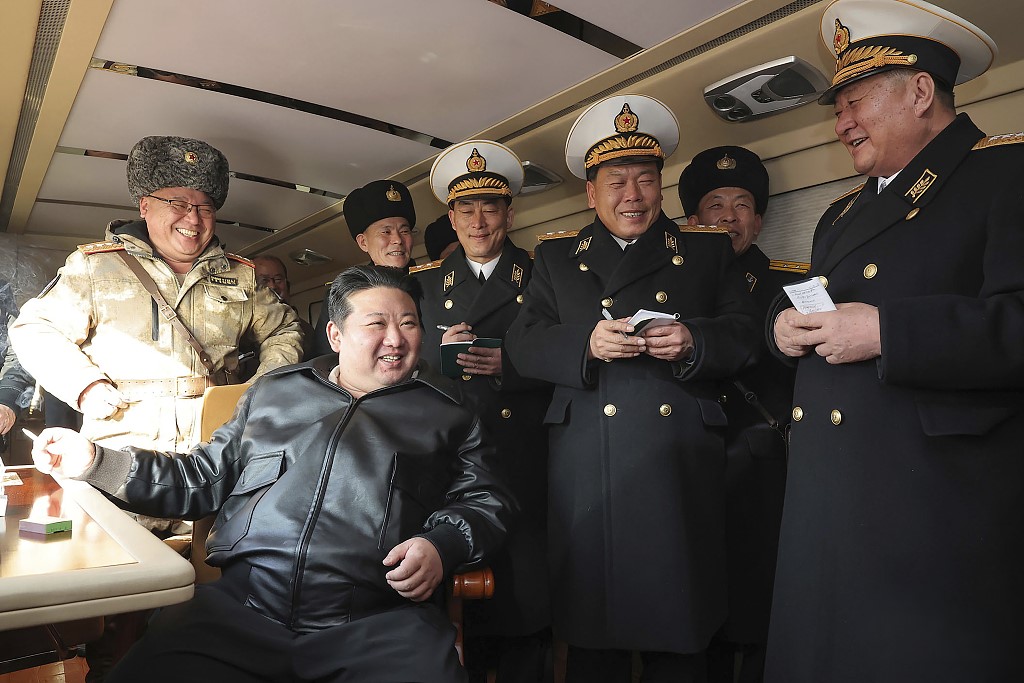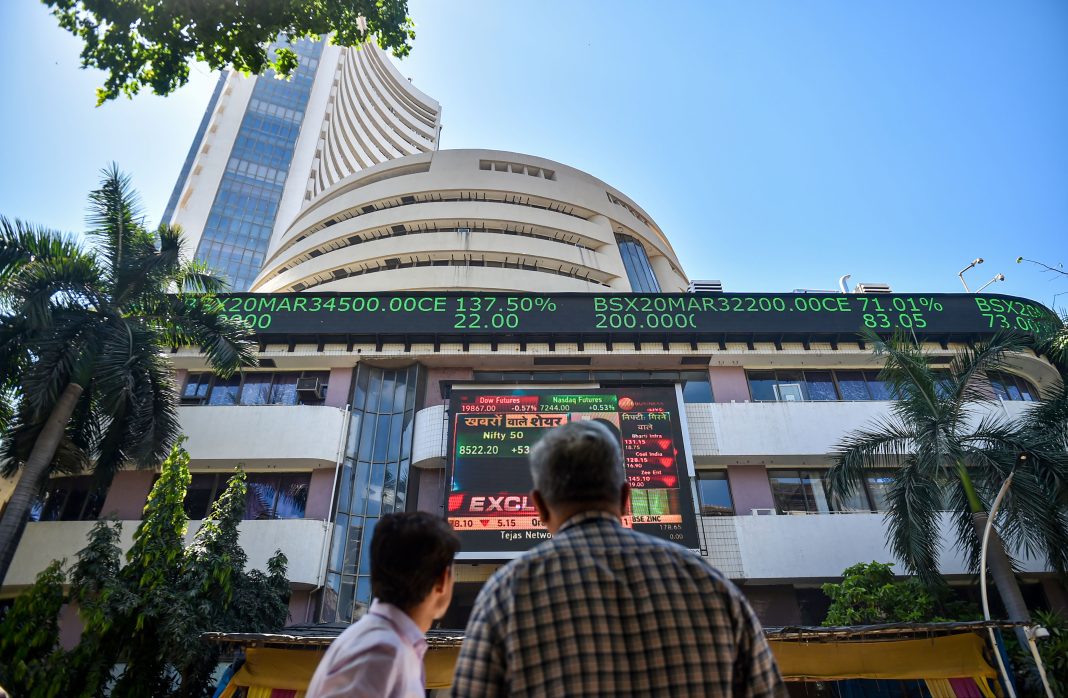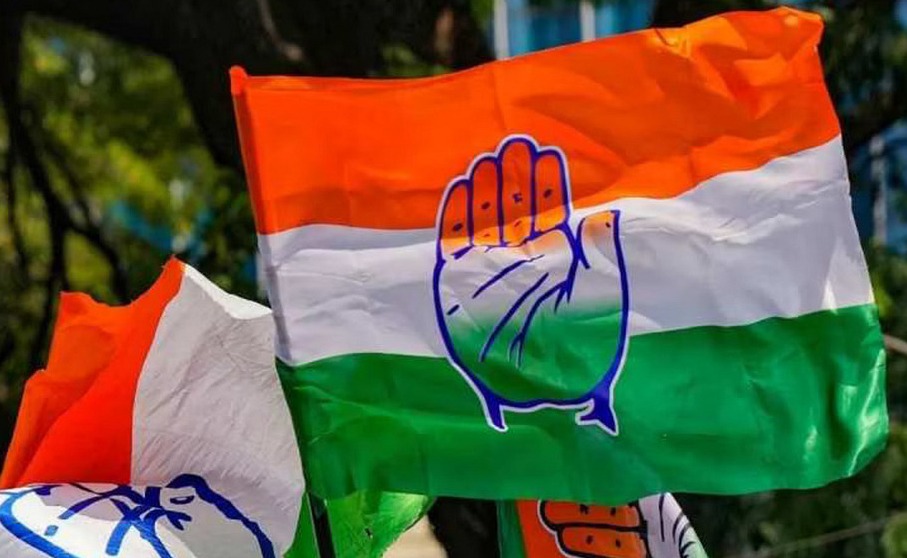Tokyo, Sept 5: Kim Jong Un put on a command performance this week at a gathering of some two dozen world leaders in China, striding with confidence and a broad grin across one of the biggest international stages of his 14-year career as North Korea’s leader.
As Kim returns home Friday, his time in Beijing marks a stunning transformation from his first tentative, violent years in power, when some analysts suggested the inexperienced young leader would struggle to survive threats to his rule.
Serious diplomacy with a large group of leaders was unimaginable.
But in Beijing, Kim looked like the leader his propaganda services have constantly sought to portray: an important — crucial, even — player in world affairs, entirely at home with the biggest hitters in Eurasia.
Beginning in 2018, when he and US President Donald Trump held the first of their much-publicized meetings, Kim has emerged as a far different, far more confident leader than when he was thrust into power after his father’s death in 2011.
Granted, he is not yet appearing at the United Nations or established Western global forums. And the attendees in Beijing — which didn’t include leaders from the US, Western Europe or Japan — showed little interest in pressing him on widespread concerns about human rights violations or his nuclear weapons. But the events this week are a watershed in his use of international diplomacy to advance his largely secluded nation’s aims.
He deftly handled his two biggest allies, Chinese President Xi Jinping and Russian President Vladimir Putin, laughing with them, pledging enduring assistance to Moscow in its war against Ukraine, and strengthening a sometimes shaky relationship with China. He confidently rubbed shoulders with world leaders at a military parade marking the 80th anniversary of the end of World War II.
He even felt self-assured enough to bring his young daughter, and possible successor, along for the ride.
“He now appears a seasoned realist and political survivor. In addition to human rights violations and nuclear missile development, Kim has added calculated diplomacy to his authoritarian toolkit,” said Leif-Eric Easley, a professor of international studies at Ewha Womans University in Seoul.
For decades, the biggest trip, internationally, for a North Korean leader was an occasional armoured train ride to China, where he was somewhat condescendingly feted by his country’s only real ally, an economic, diplomatic and military lifeline in a neighbourhood filled with enemies.
Kim is still using the bullet-proof green train, and this latest foreign trip was to Beijing. But the similarities ended there.
It started with three meetings with Donald Trump
Kim and Trump met one-on-one in Singapore in 2018 and then in Vietnam in 2019. They also had talks later on the border between the two Koreas.
These were the first summits between a sitting US president and a North Korean leader. The talks failed to stop North Korea’s decades-long pursuit of nuclear weapons and the missiles to carry them to distant targets — ambitions that have drawn harsh international sanctions.
There was widespread criticism that Trump had helped transform Kim’s image, from pariah to legitimate dialogue partner.
The 2018 and 2019 summits and Trump’s interest in another are “gifting Kim the legitimacy he craves,” said Jeff Kingston, a specialist on Asia at Temple University Japan. “Going forward Kim will use Trump to gain attention and seek aid, an old formula that has sustained this dynastic regime,”
Kim’s more recent travel also includes two high-profile trips to Russia, in April 2019, for a summit with Putin in the Pacific port city of Vladivostok, and in September 2023 to meet again with the Russian leader at a space facility.
It marks a big break with the international diplomacy of his father
Kim Jong Un’s grandfather, national founder Kim Il Sung, was more adventurous in his travels, but Kim Jong Un’s father, Kim Jong Il, famously avoided plane travel, hence the special armored train.
During his 17 years in power, Kim Jong Il made roughly a dozen trips abroad. Almost all were train trips to China. He was travelling by train when he died in 2011.
Experts believe North Korea’s previous rulers largely avoided events with multiple heads of state in attendance because they were conscious of North Korean propaganda portraying them as peerless leaders — and of international condemnation of their nuclear ambitions.
Trips to China, however, were seen as crucial. Like his son, Kim Jong Il knew that he needed to pay his respects to Beijing, which provides the North with everything from fuel to shrimp chips and is North Korea’s major link, by air and by rail, to the outside world.
Of course, this dependency makes the Kim dynasty vulnerable — one of the reasons Kim Jong Un has expanded his diplomatic circles. When he saw a chance to help heavily sanctioned, isolated Russia, he seized it, sending thousands of North Korean troops and large quantities of military equipment to help it fight Ukrainian forces in return for economic and military assistance.
The pinnacle is this week’s military parade in Beijing
Xi invited 26 foreign leaders to the massive military parade Wednesday.
But there was a particular buzz surrounding Kim.
Xi invited Kim to stand by him and Putin on the rostrum in Tiananmen Square. The three leaders walked shoulder-to-shoulder to the platform, pausing to shake hands with WWII veterans.
As he basks in the glow of his Beijing trip, however, a big, as yet unanswered question is the future of Kim’s negotiations with Washington over his nuclear and missile programs.
Trump has repeatedly signalled a desire to talk, but North Korea has rejected those offers.
Kim has carried out a far larger number of weapons tests than his father and grandfather, persevering in the face of deep international disapprobation and crippling sanctions, apparently convinced that nuclear arms alone guarantee his nation’s survival.
Kim’s success in Beijing seems to offer him a little more leverage in any future negotiations.
“He has now stepped onto the international stage with the confidence of a strategic power,” said Koh Yu-hwan, former president of South Korea’s Korean Institute for National Unification, “and you could say he has been treated accordingly.” (AP)




